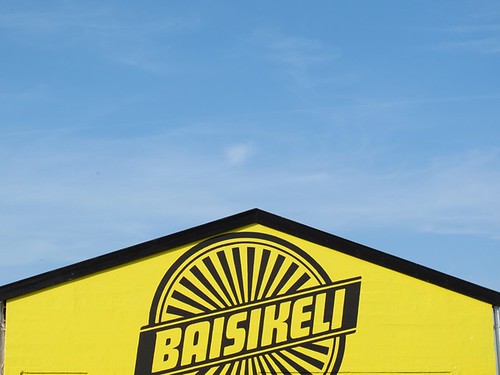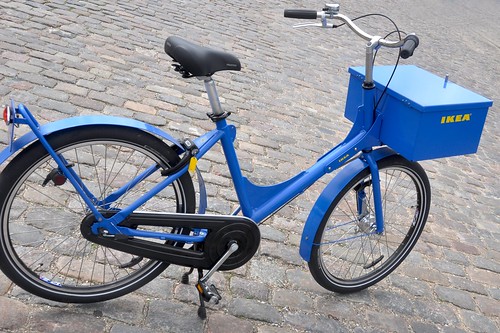 Land of Second Chances: The Impossible Rise of Rwanda's Cycling Team by Tim Lewis
Land of Second Chances: The Impossible Rise of Rwanda's Cycling Team by Tim LewisMy rating: 4 of 5 stars
This book covers in a fair amount of detail the development of a road cycling team in Rwanda that began with the cycling equipment entrepreneur (and mountain biker) Tom Ritchey's visit to Rwanda in 2005 until the beginning of 2013. But it is more than that, with a description of the history of the Rwandan genocide of 1994 and a brief summary of the relevant history of Rwanda and the region.
Team Rwanda is more of a program to develop young Rwandans as possible professional cyclists on other teams rather than a true racing team. The team (or program) was led by an American former Tour de France racer, Jock Boyer, who was persuaded by Tom Ritchey to start the it after Tom had started a cargo bicycle program to support Rwandan coffee growers - Ritchey observed that the conditions in Rwanda were excellent to produce professional cyclists, if only they had leadership, equipment, and . . . well, a lot more. Which is what this book is mostly about.
The author's decision to spend the first ~50 pages of the book on background, including introduction of rather many people, means that this may be a difficult book for some to get into if they thought they were going to be reading mostly about a bicycle team's activities. Jock Boyer, the leader of the team, isn't even introduced until after 90 pages, as another 35 pages or so are spent on the coffee cargo bike program.
This book is as much about the challenges for Americans (or others from the west) in trying to provide on-the-ground assistance and motivation in sub-Saharan Africa as it is about a bicycle team.
With a subject like this, where the author has to choose a moment to stop his coverage of the story, the events don't necessarily cooperate to create a neat end - this seems the case here. It isn't obvious where things are going to go with Team Rwanda in the future.
Westerners seeking to provide help and the Rwandans themselves will have different views on what works and what doesn't and why or why not - the author makes this clear with an update he provides on the coffee cargo bike program that Tom Ritchey started (before Team Rwanda even came into being). Lewis follows up with the Americans who are still nominally responsible for the program and they make various excuses but mostly state that the Rwandans didn't want the cargo bicycles for cost or other reasons. Those Rwandans who received the bikes and used them (but then had maintenance problems with them, since they used them very intensely) disagree. The Rwandans claim that no parts were available but then Lewis quickly finds a warehouse of spare parts. It is not clear what the real problem or problems preventing the further success of this clever program to provide cargo bikes to Rwandan coffee growers is, just that it isn't working and that (apparently) no one understands why not. This would seem to map to discussion of the more robust and complex Rwandan cycling team.
Philip Gourevitch had a long article in the New Yorker about Team Rwanda in July 2011 (unfortunately only a short version available to non-subscribers online); this book is to some degree a much expanded version of that (albeit by a different author). There is also a documentary movie out covering the development of Team Rwanda - Rising from the Ashes.
View all my Goodreads reviews of books on cycling.


